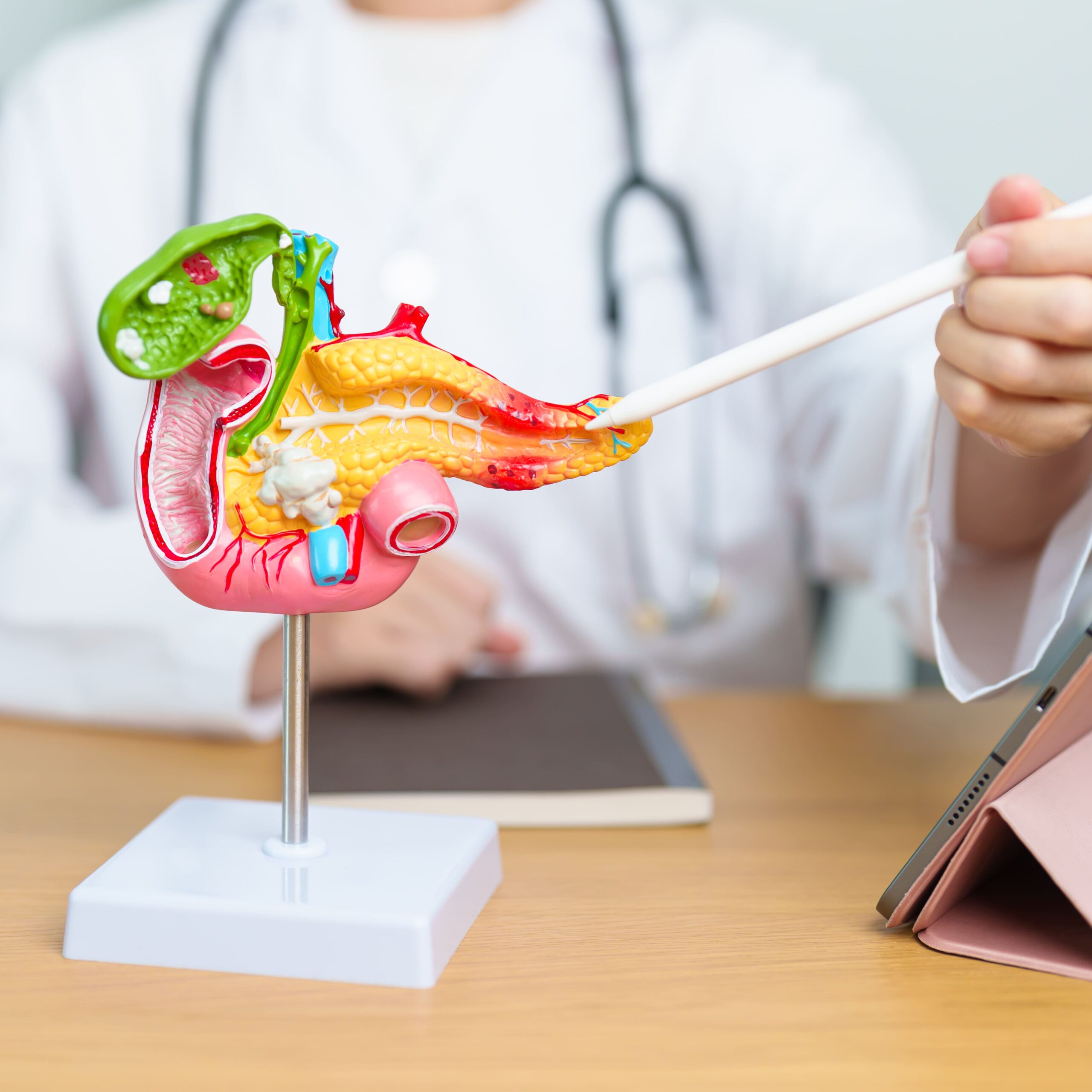Complications and Risks
Acute pancreatitis can lead to complications and risks including:
- Pancreatic Necrosis: Dead pancreatic tissue can become infected, posing a serious risk of sepsis.
- Pseudocysts: Fluid-filled sacs that may develop in the pancreas, potentially causing pain, infection, or rupture.
- Acute Fluid Collections: Accumulation of fluid around the pancreas can cause discomfort and interfere with organ function.
- Organ Failure: Severe acute pancreatitis can lead to failure of the lungs, kidneys, or heart.
- Sepsis: Infection can spread from the pancreas to the bloodstream, leading to this life-threatening response to infection.
- Hyperglycemia or Diabetes: Damage to the insulin-producing cells can result in elevated blood sugar levels or diabetes.


